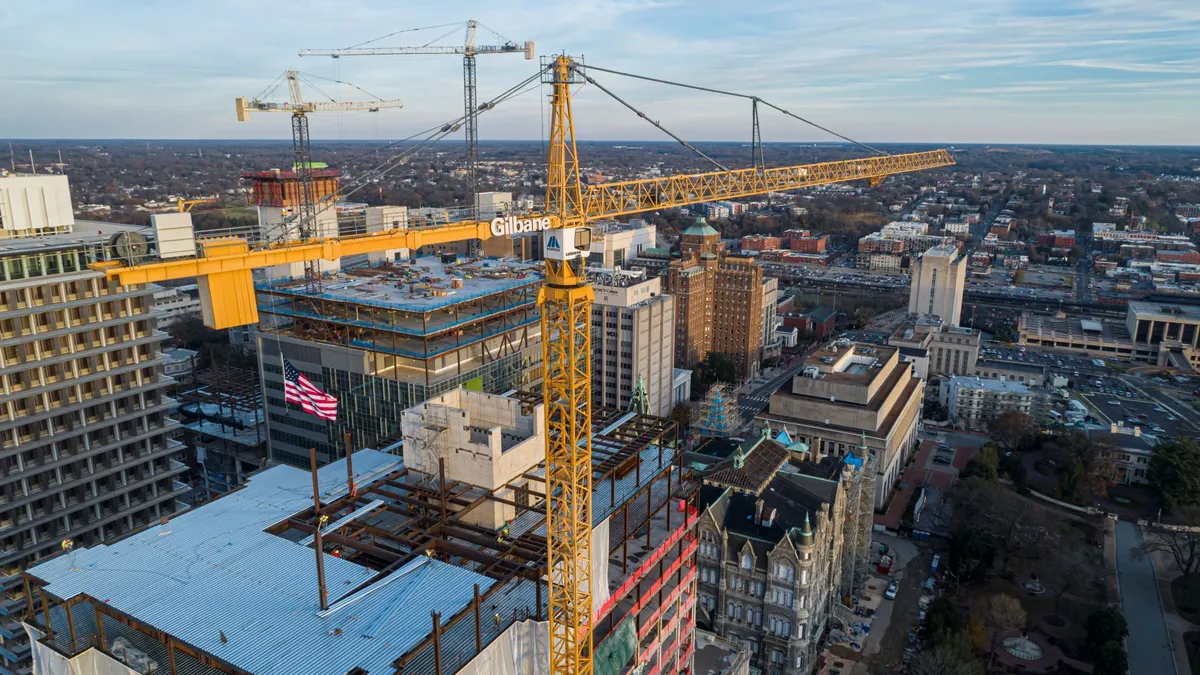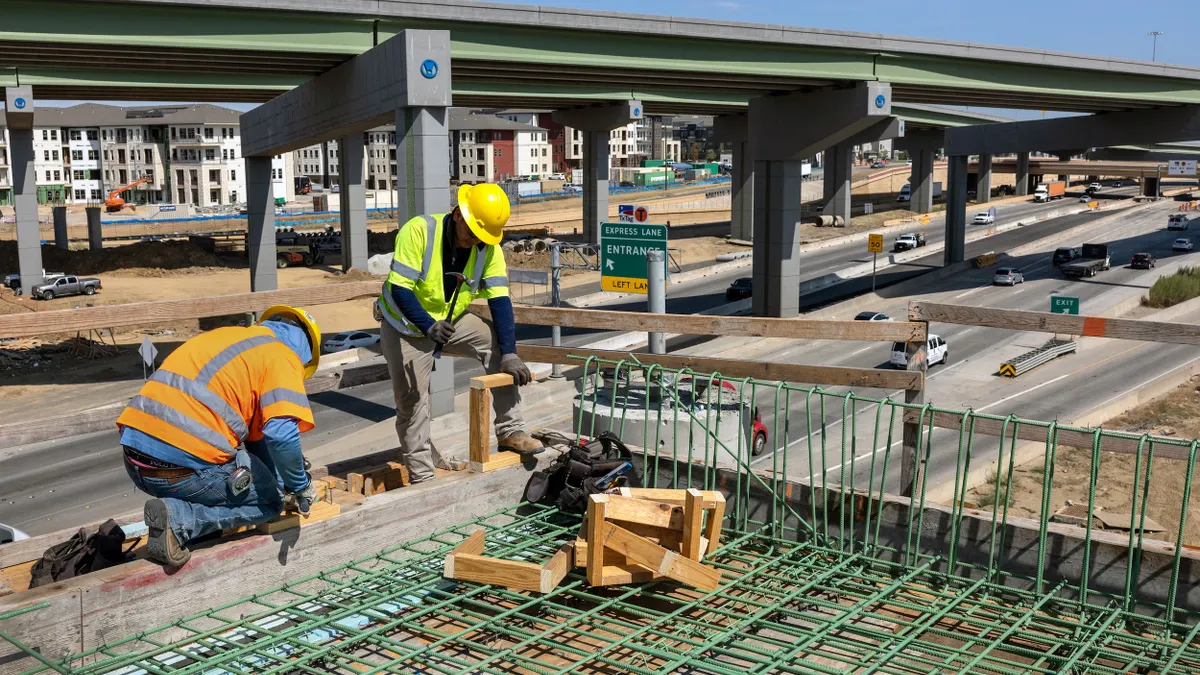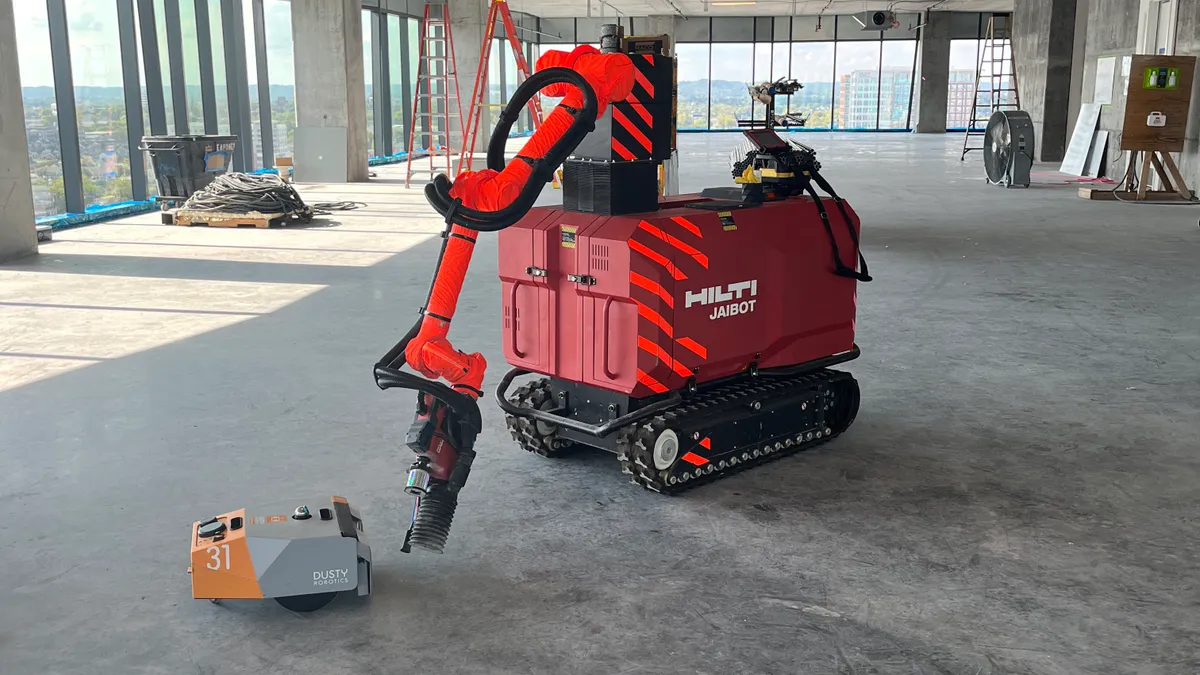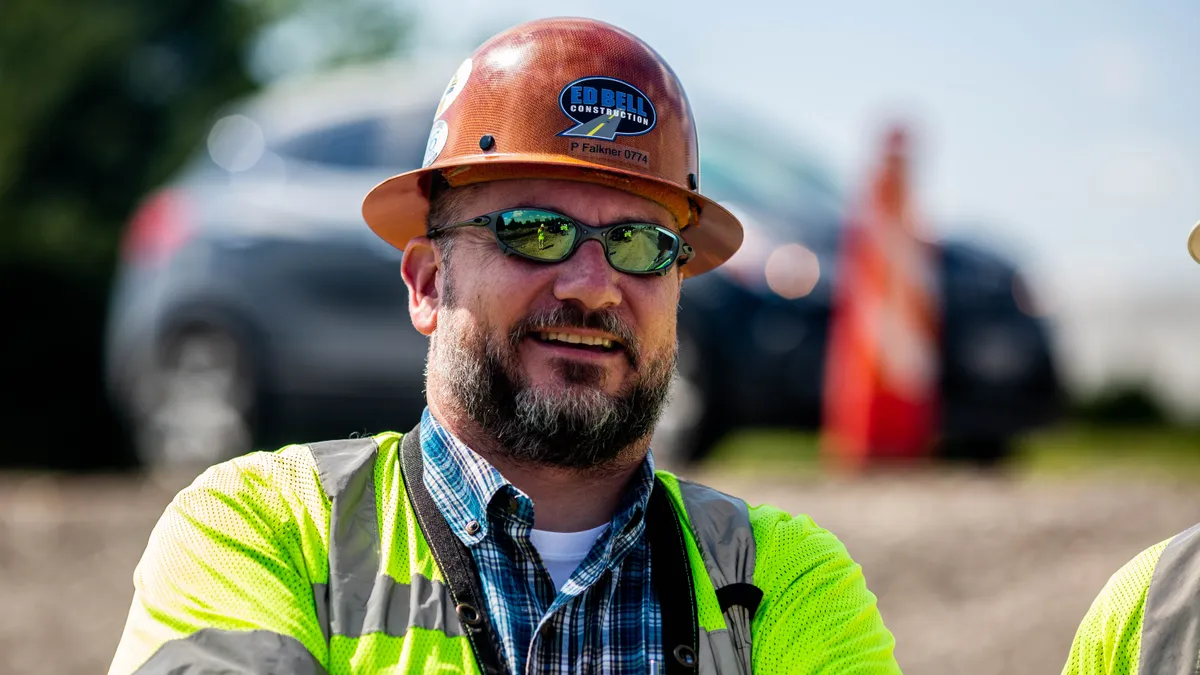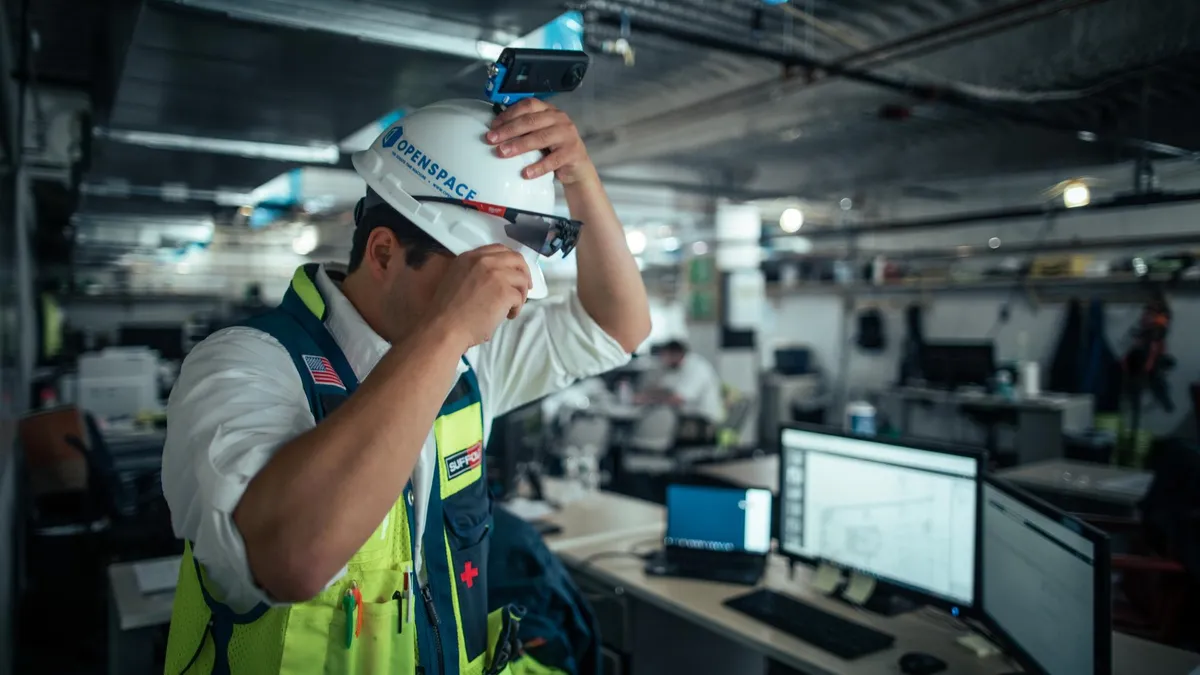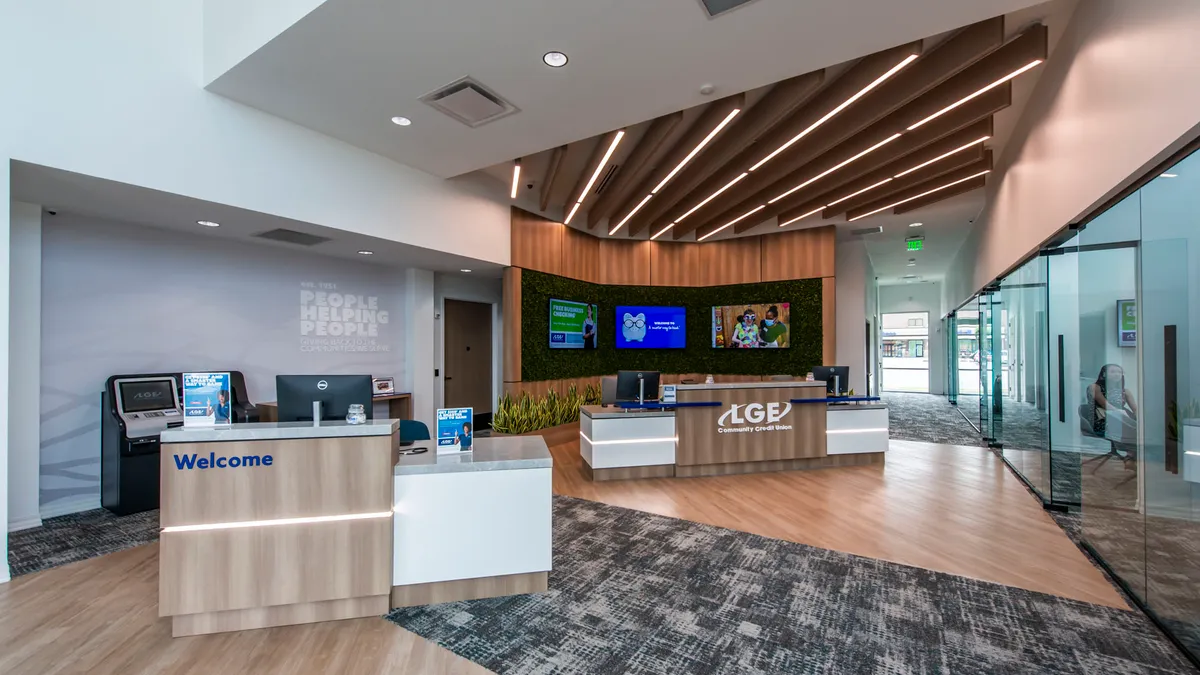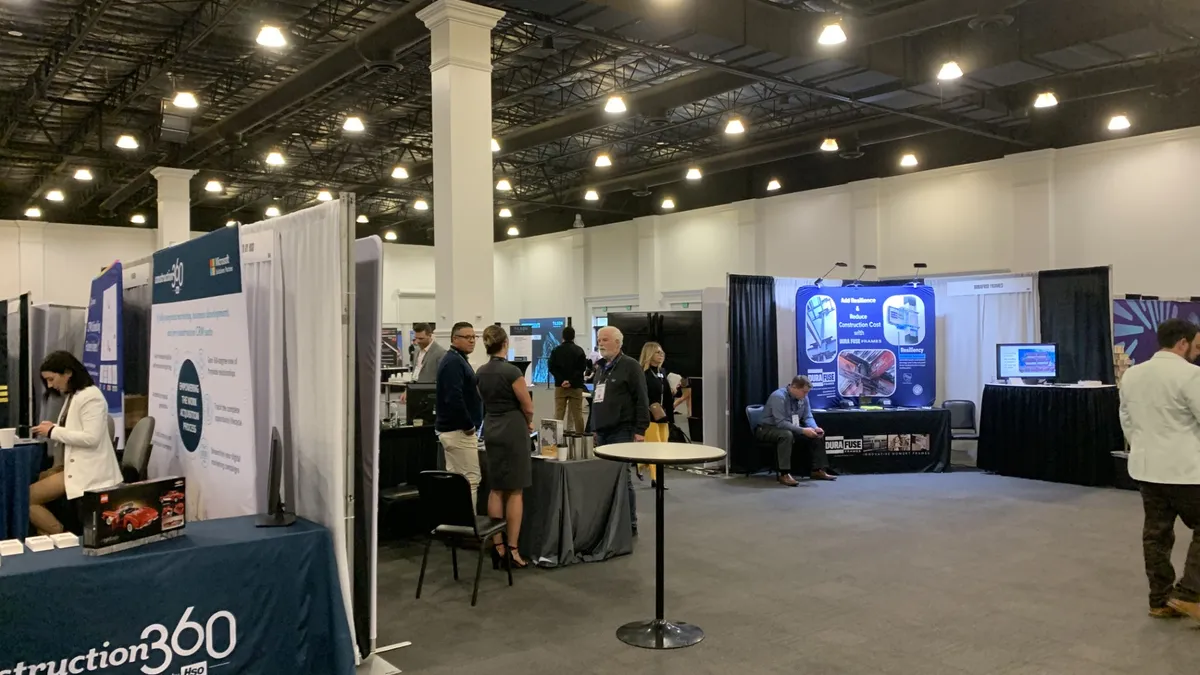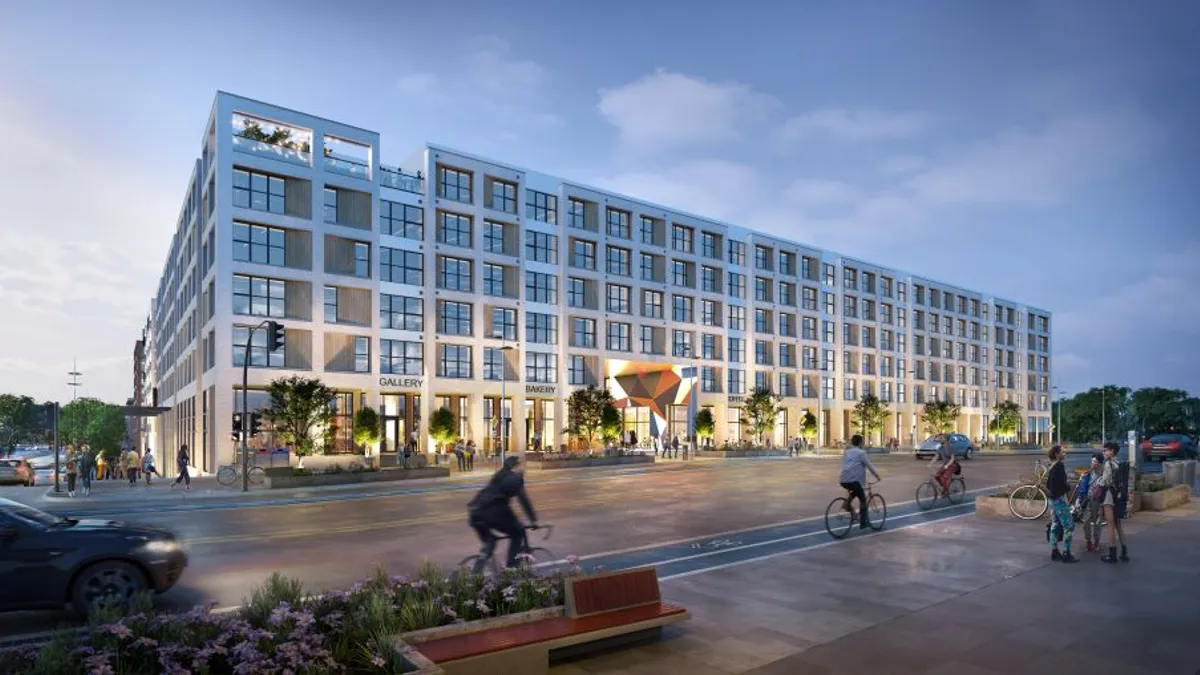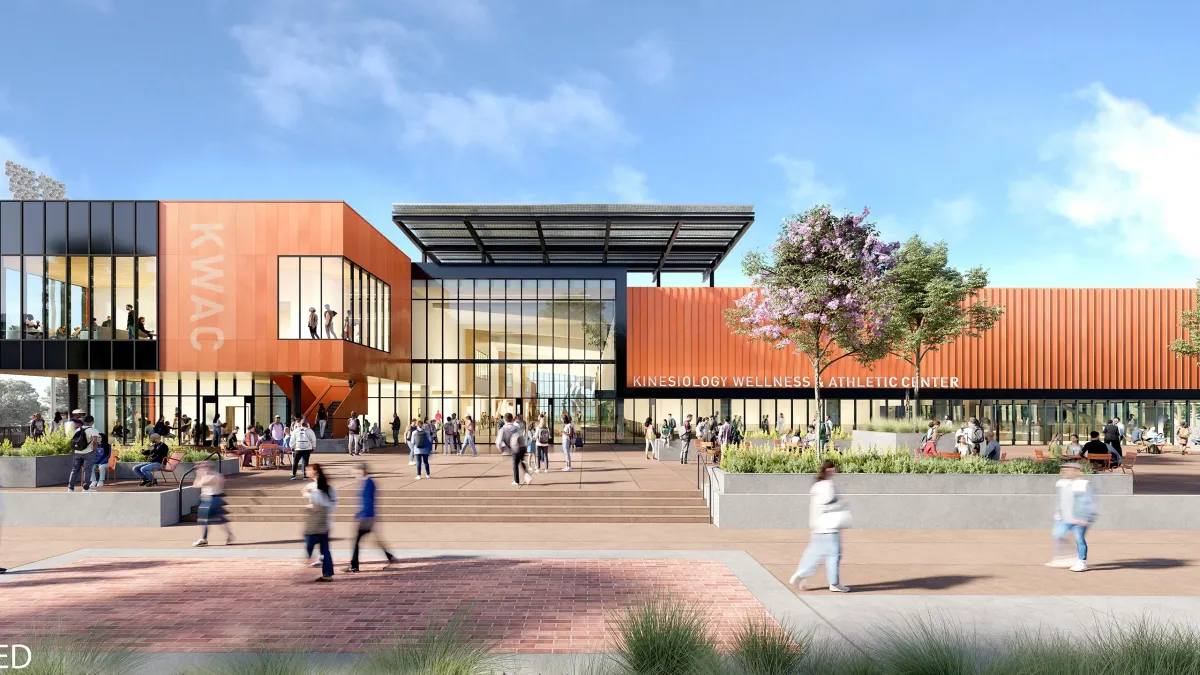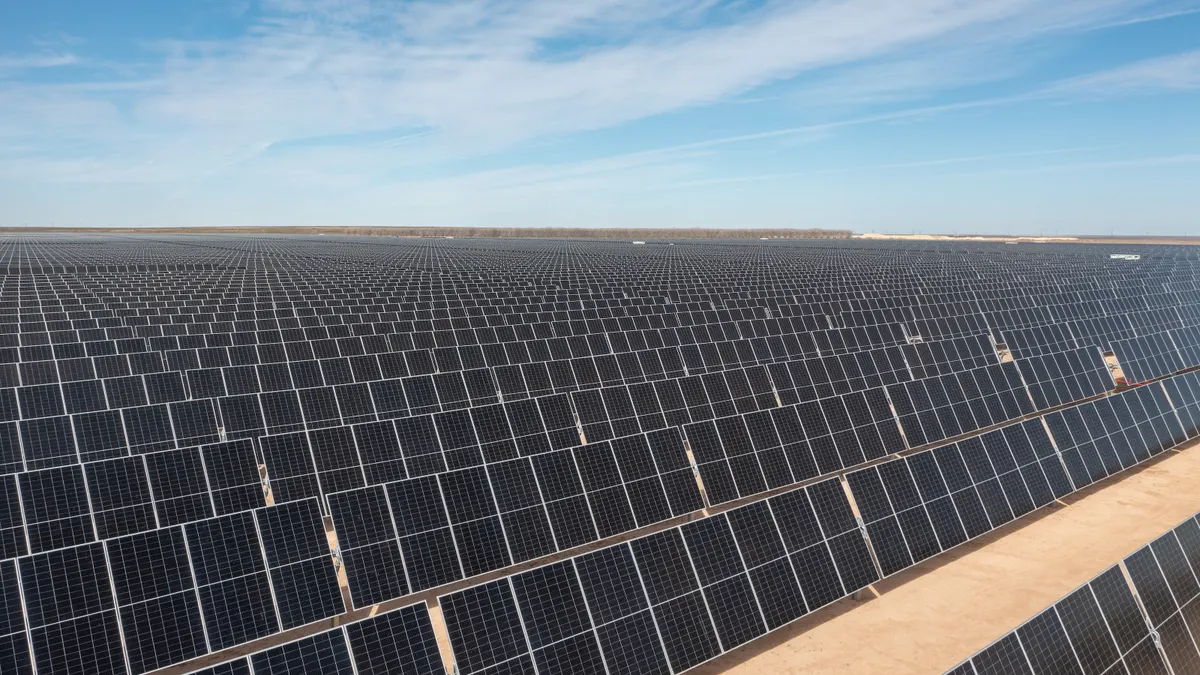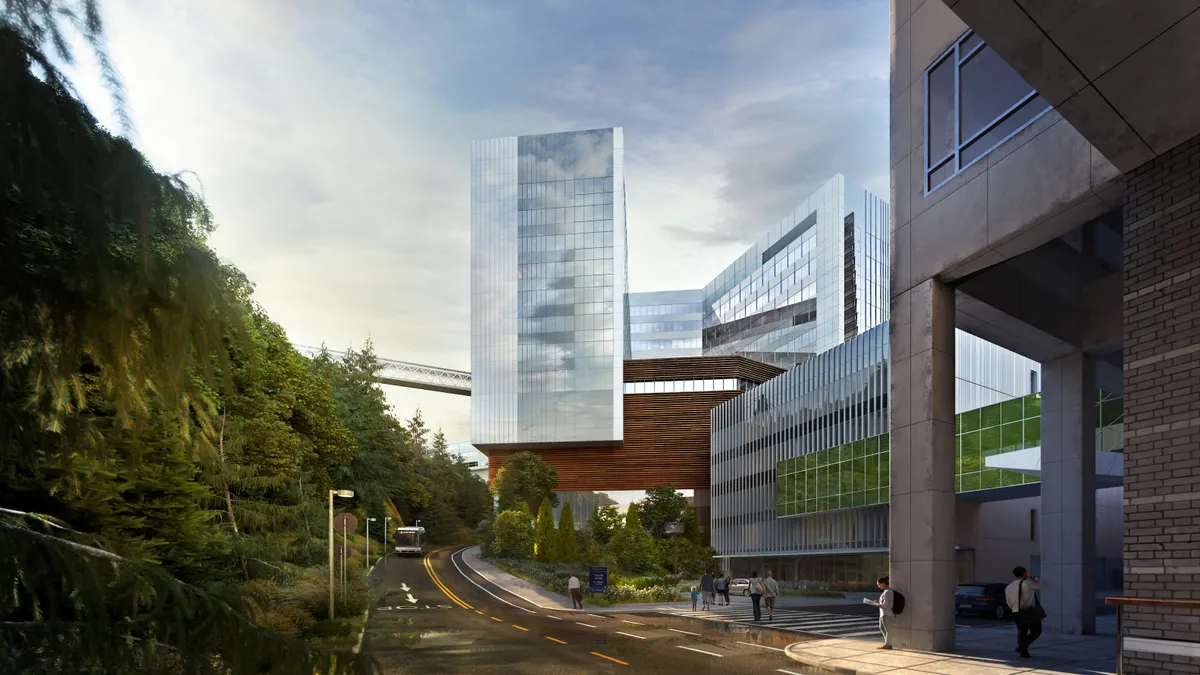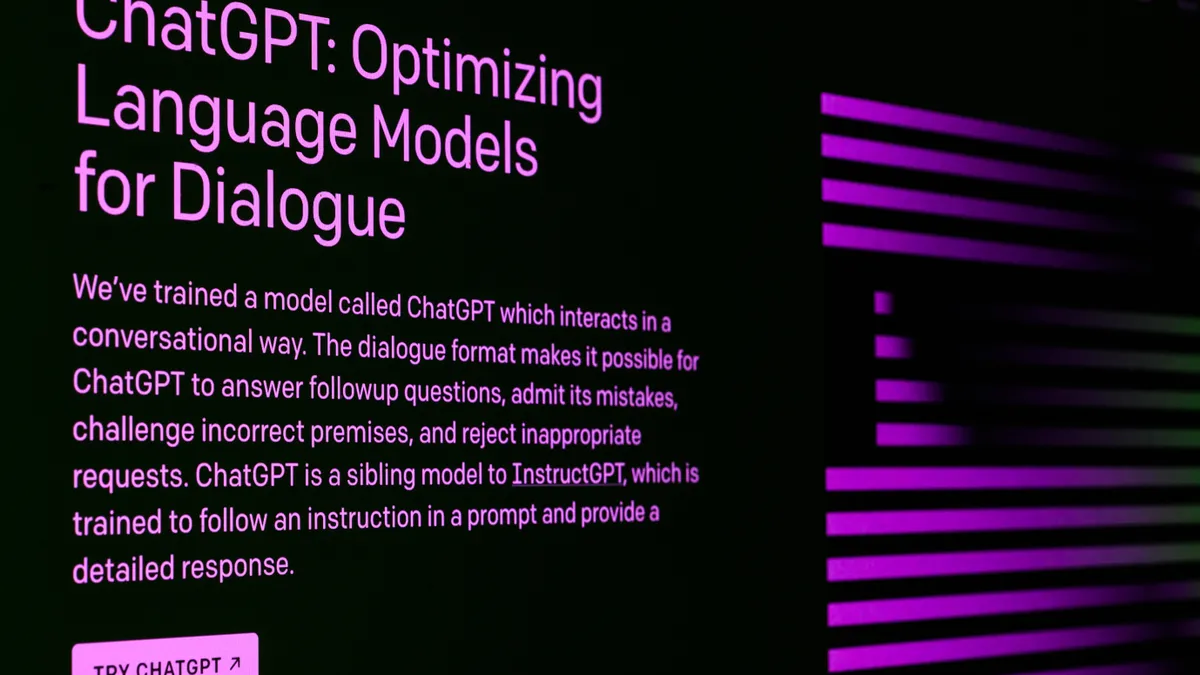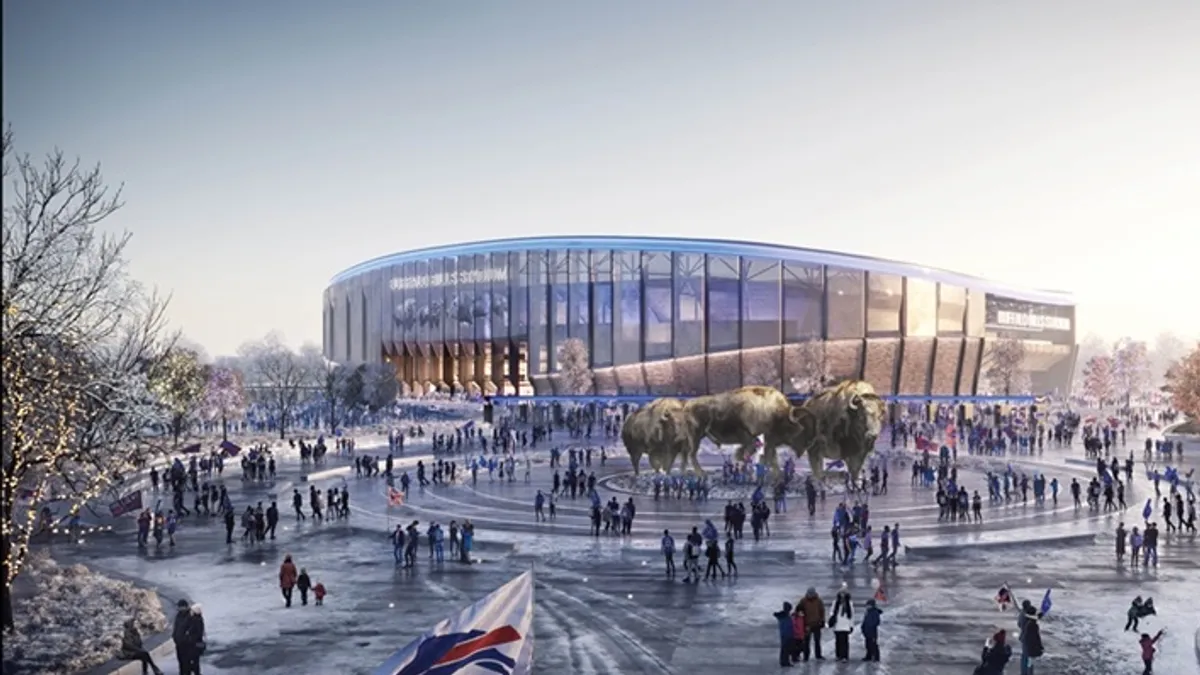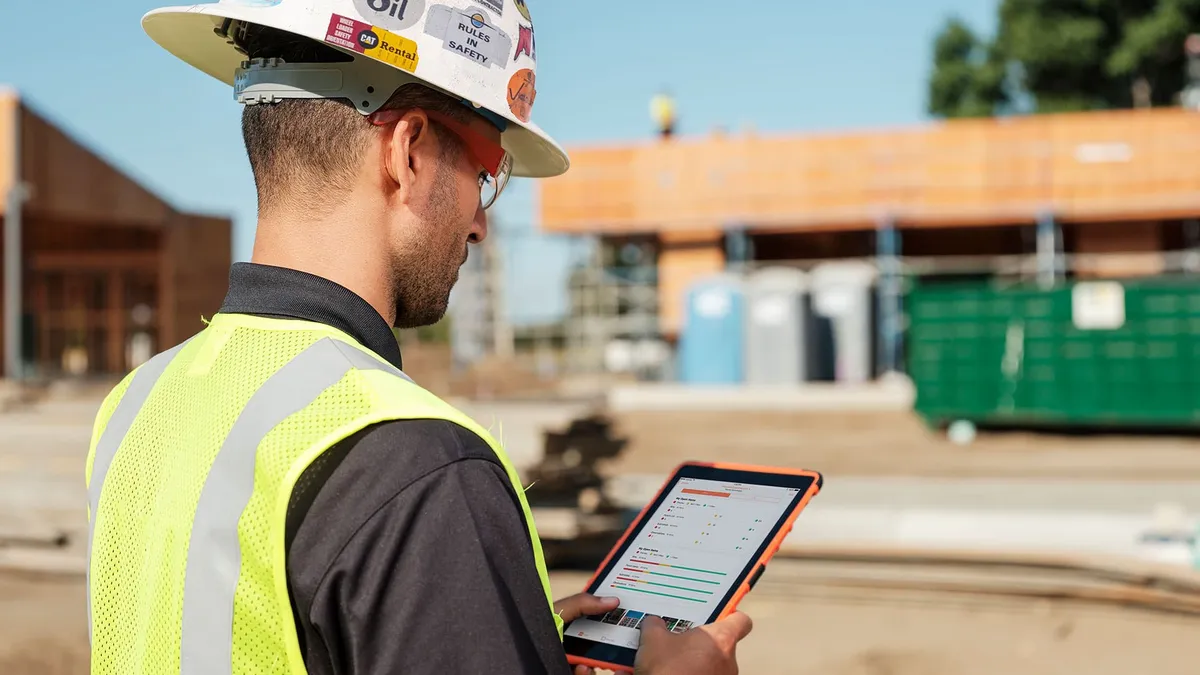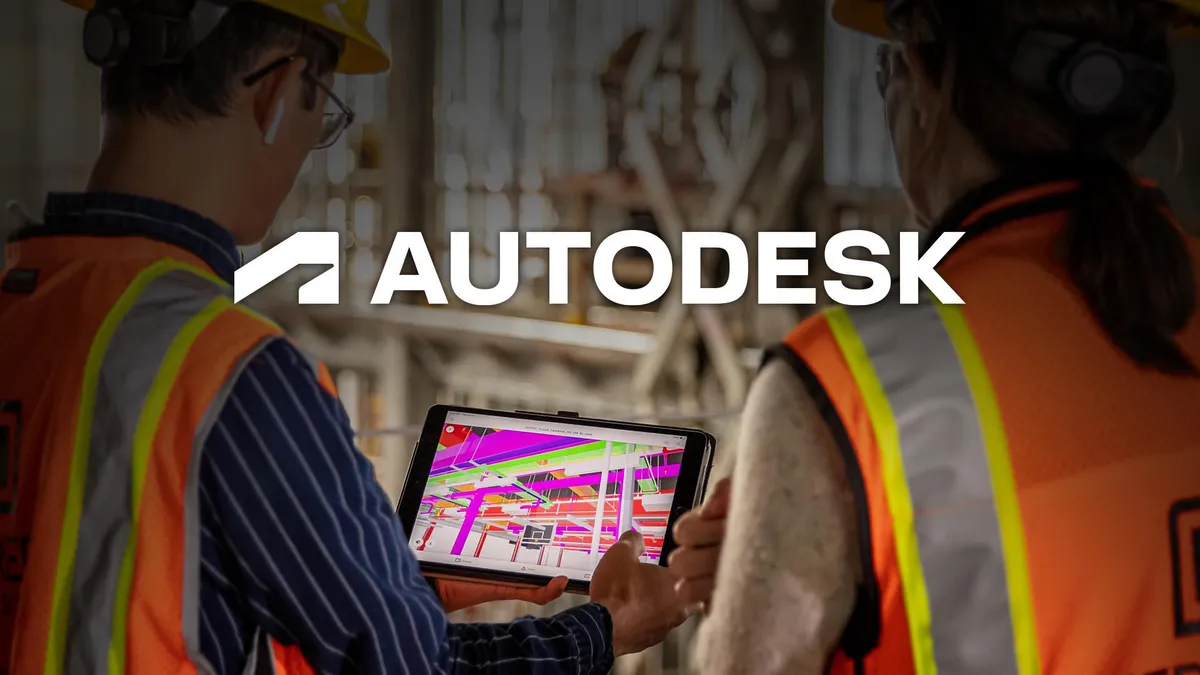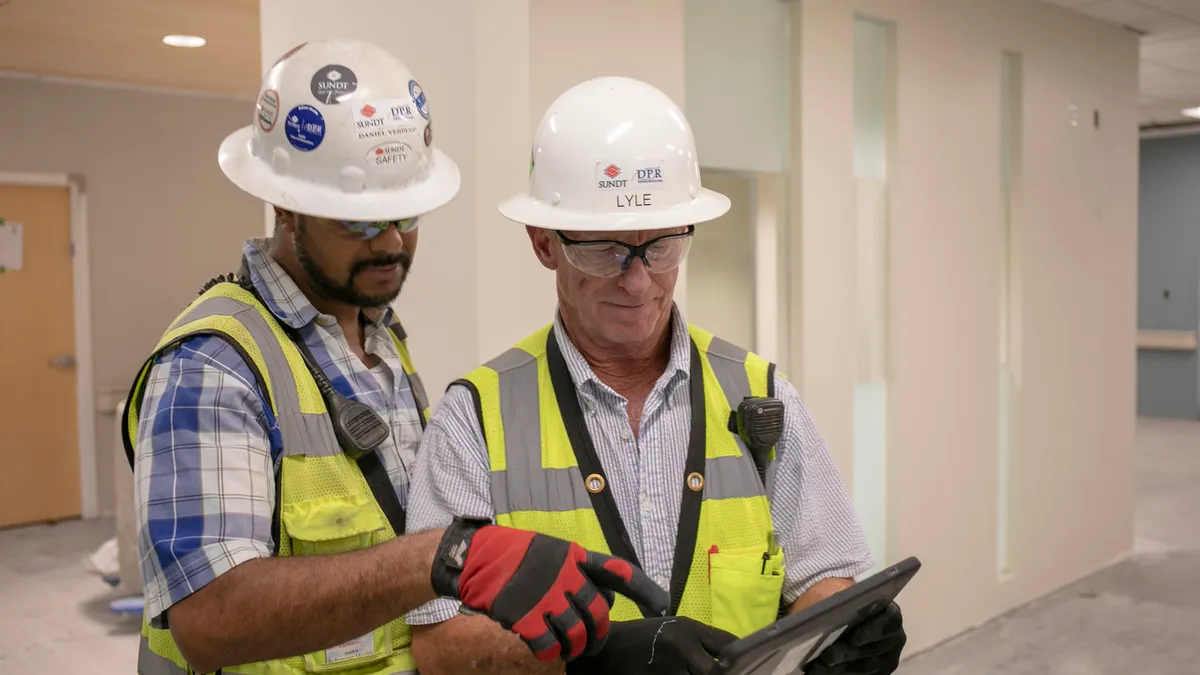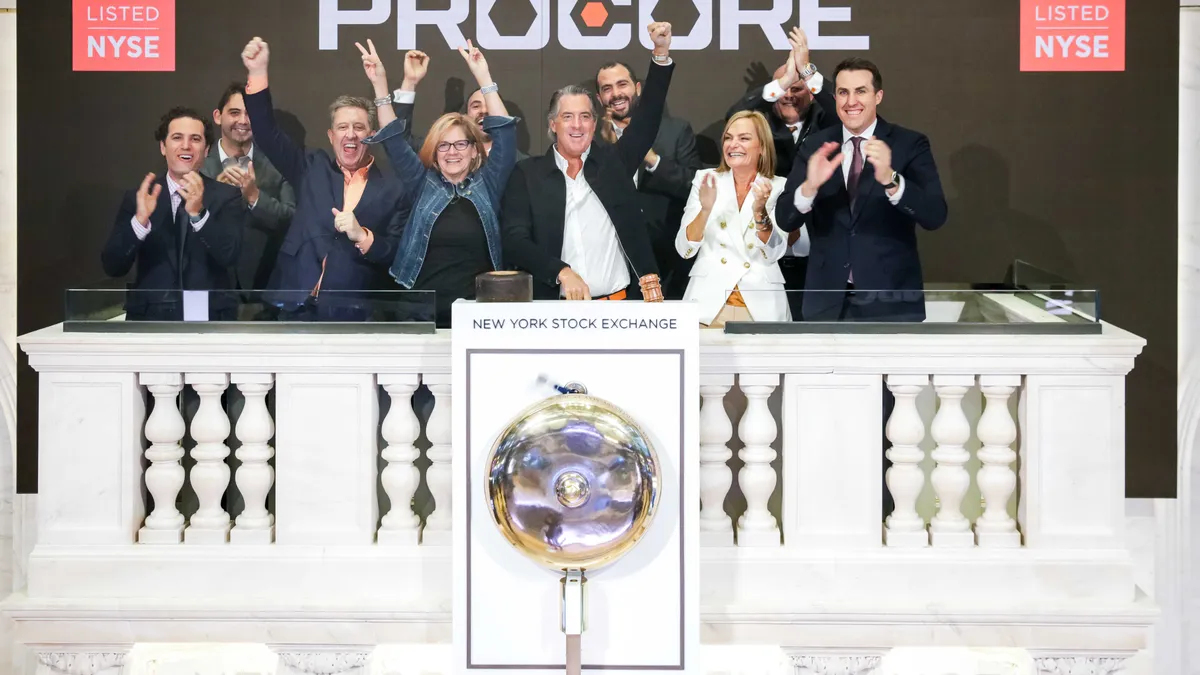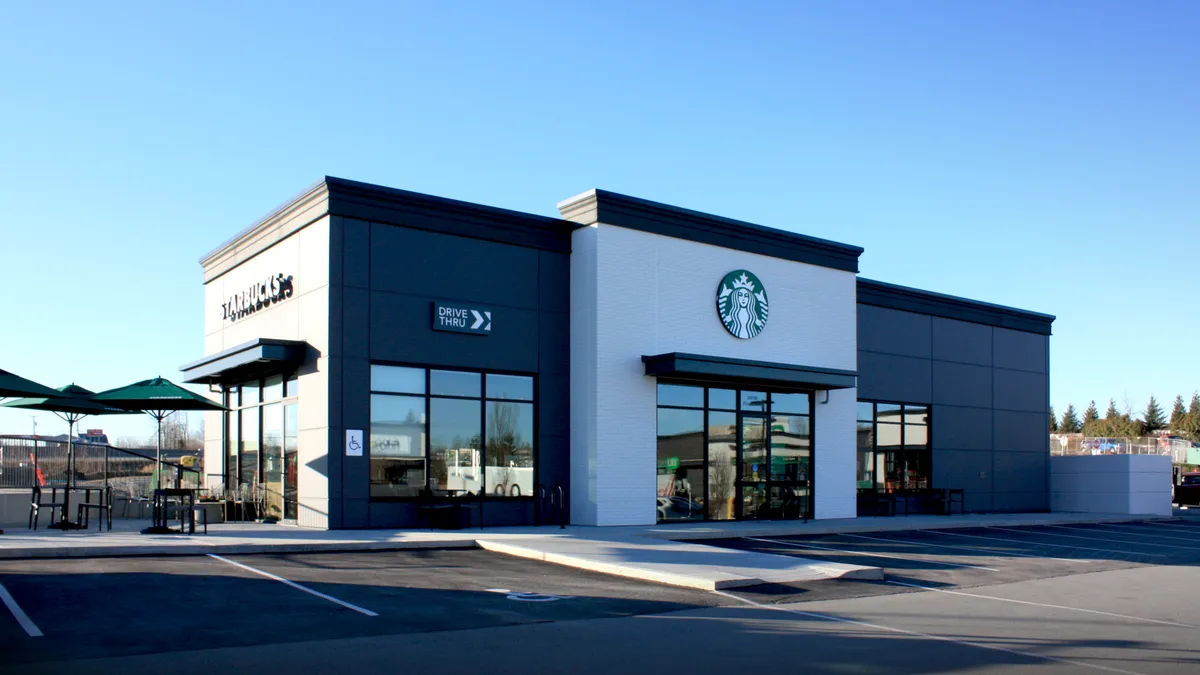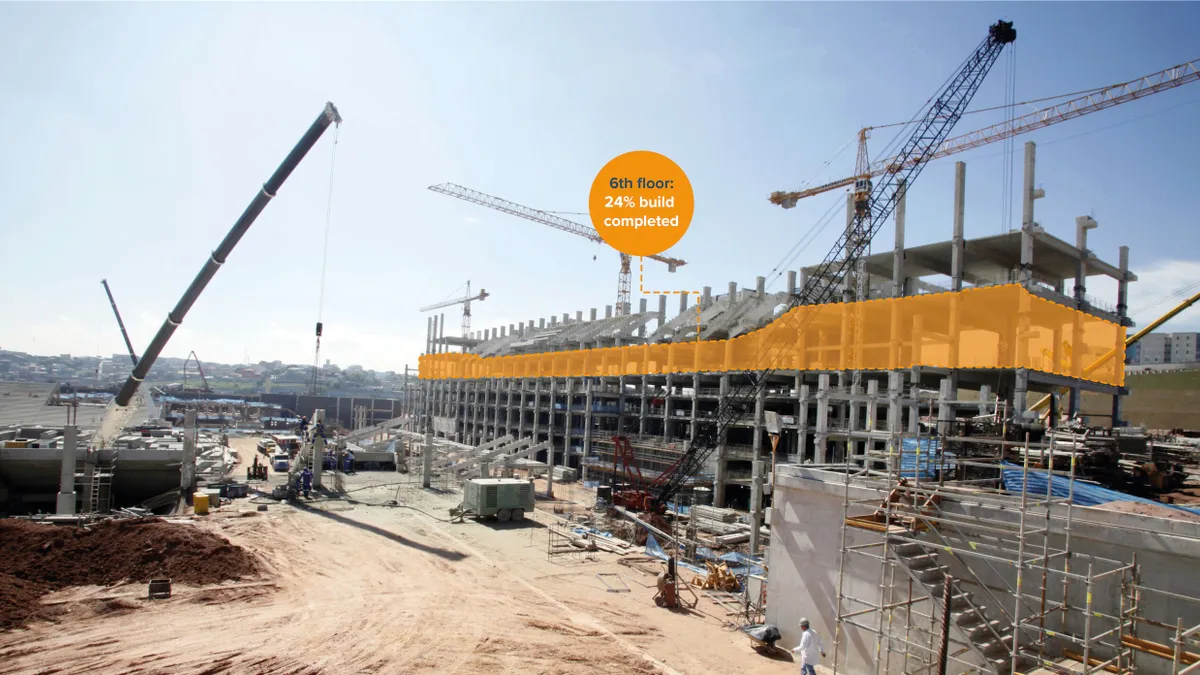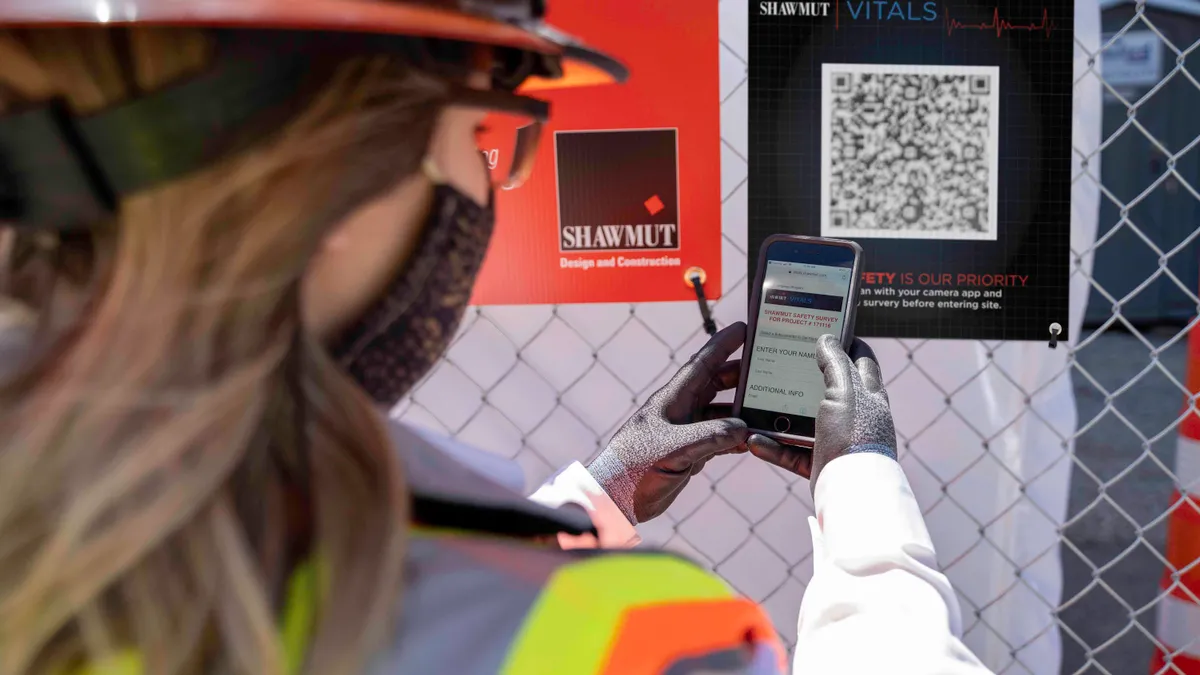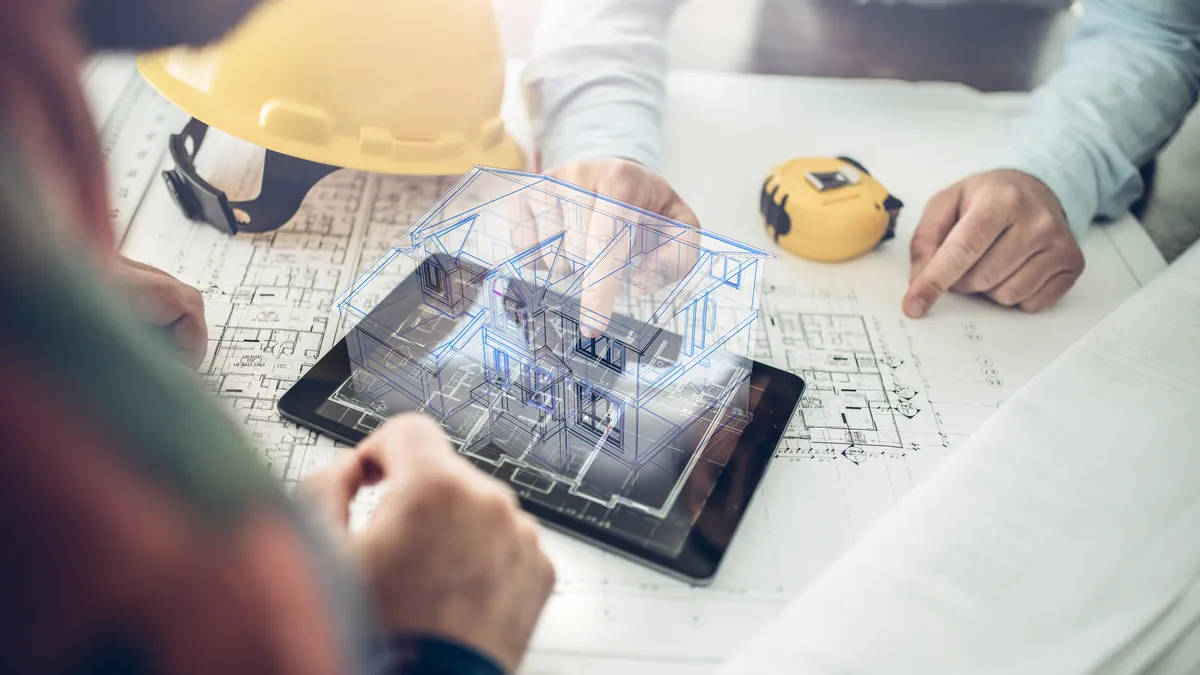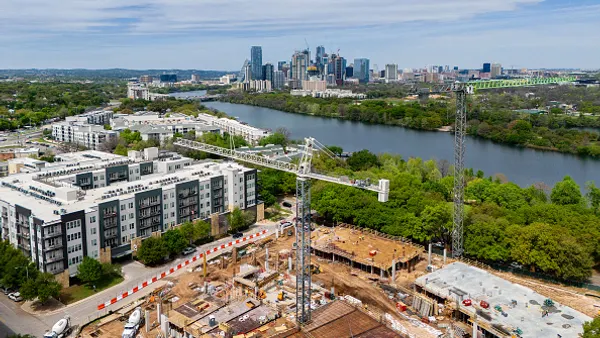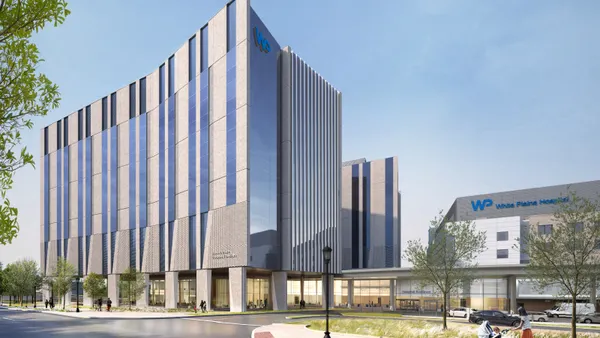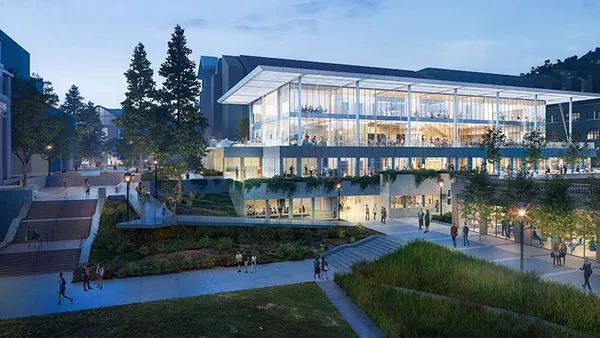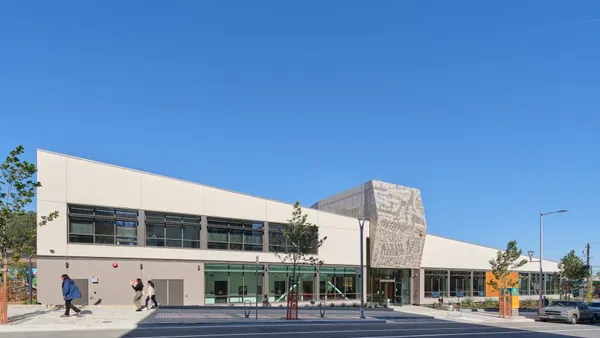ConTech Conversations presents a discussion with a leader in the construction technology field each month. Click here for past discussions.
The field of construction technology is advancing at a rapid clip. From 3D printing to robots rolling onto jobsites, construction professionals are reevaluating how they approach work, and what tools they need for the job.
This creates a new wave of opportunity for construction technology firms looking to cash in on an advancement boom in the field. One of those firms is Versatile, maker of CraneView, a type of monitoring software that has been adopted by industry giants like Gilbane, Turner, DPR and others. The software’s success has brought it some attention — the company recently closed out an $80 million Series B funding round, featuring investors such as Robert Bosch Venture Capital GmbH, Entrée Capital and Root Ventures.
Here, Versatile CEO and co-founder Meirav Oren talks with Construction Dive about the company’s vision, how construction tech firms can attract investors and the biggest problems affecting construction and contech today.
Editor’s Note: This interview has been edited for brevity and clarity.
CONSTRUCTION DIVE: Give us background on Versatile and CraneView. How did it all start?
MEIRAV OREN: My father was a general contractor, my brother is a project manager, shamefully enough, I ended up at Intel. I'm pretty sure my dad thought I would be the best superintendent the world has ever seen, and I had other plans. You know how that works.
But kidding aside, a couple of years ago, my brother lost a worker on his jobsite. That changed the conversation from a normal Friday night construction debate to “why is this happening?” It led to the belief that guides Versatile and every product they will ever put out there: to say construction is manufacturing, jobsites are really factories, and the process can and should be controlled to the level of advanced process control, which is where we'll eventually get to.
The only other element that became very clear that night is if we wanted to make an impact and really empower the incredible men and women that we serve out there, we better naturally fit the workflows. I think I started by calling it "non-intrusive" and later on, found a positive way of saying it. So "naturally fit workflows" means you don't ask anyone to change for you. You don't ask them to do anything, you just create value.
What do you think of the field of construction technology currently?
There's almost a misconception of construction thinking, that it's slower to adapt. I find it to be quite the opposite. It's down to the tech vendors. That's my two cents on what's happening in the scene right now, if we all are wise enough to create products that are easy to implement, that are seamless to the people that we serve.
And if we all remember that we're here to serve, and that the people that we do serve have built long before we came along and they will build long after we're gone, that puts things in perspective. And that creates better technologies that aim to add value to those hard-working men and women out there. So I see more and more of that.
How can contech companies help address big issues like the labor crisis?
Starting with the things like Versatile, measuring and understanding of processes, means you could start automating the sum parts of it, right? And automating correctly. So one person might be enough, whereas before you needed 10, right? It really depends on the different processes.
Also, attracting talent, I don't think we speak of attracting young talent enough. But if you want to attract young talent and make sure that you transition the knowledge as well, you better use technology. And I'm not in the business of building gadgets. We build real products that help real people in a very real industry. But there's also the attraction of using the best technology in the industry that will, you know, speak to the younger generation that you want to come into construction.
Your vision incorporates automation and labor in unity. What do you think of visions of replacing laborers and employees with robots or complete automation in the future?
You cannot get rid of jobs. You can barely source the ones you have right now. There's nothing in technology that is meant to replace people — it's meant to empower them, it's meant to allow them to do more and then get home safely at the same time. Look at technology as the one big enabler that takes people that are good at what they do and makes them even better.
If we can empower and enable people to just constantly be on their A-game and get rid of pretty much everything else, isn't this what technology has done in pretty much every other field? It didn't take jobs away. It transforms the jobs to allow people to do the things that they're excellent at, and dump the things that they don't necessarily need or want to do.



